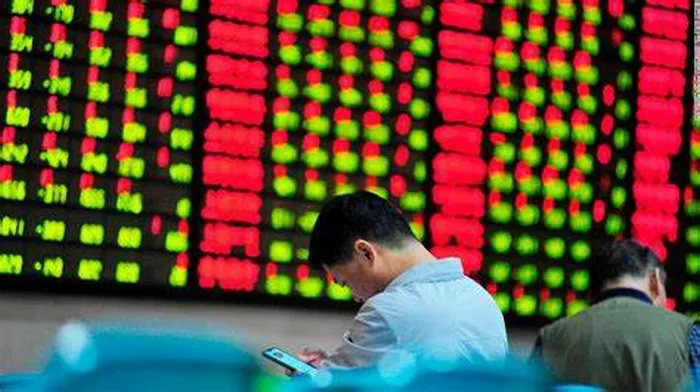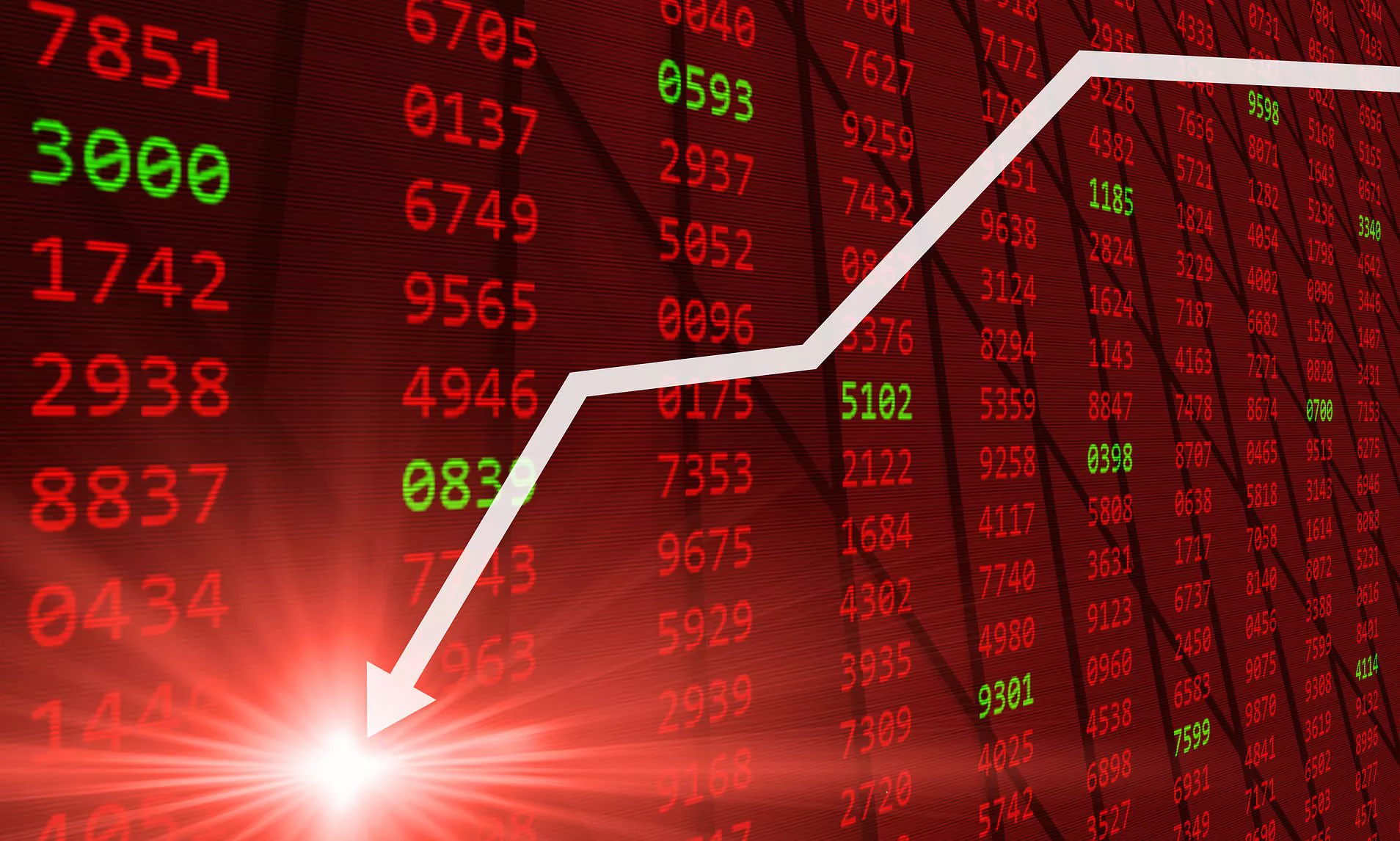Japanese shares experienced a sharp decline on Monday, with the Nikkei stock index heading toward its worst quarterly performance since March 2020. Exporter and chip-related stocks were hit hard, as fears surrounding the global trade war weighed heavily on market sentiment.
Significant Losses for Exporters and Chip Stocks
The Nikkei 225 Stock Average dropped as much as 4.2%, marking its largest intraday fall since September. The broader Topix index fell 3.9%, with financial and electronics companies leading the decline. The stronger yen added further pressure on exporter stocks, making Japanese goods more expensive in global markets.
These losses mirrored trends across the region, as traders reduced their exposure to equities ahead of the looming April 2 deadline for U.S. President Donald Trump’s reciprocal tariffs. Market sentiment was also dampened by disappointing data showing that U.S. consumer spending in February fell short of economists’ expectations.
Impact of U.S. Economic Slowdown on Japanese Exports
Phillip Wool, head of portfolio management at Rayliant Global Advisors Ltd., noted that the slowdown in the U.S. economy is likely to continue affecting Japanese stocks, particularly those tied to exports. “The weakening of the U.S. economy is going to keep weighing on stocks in countries like Japan that are big exporters to the U.S.,” Wool explained. “Some investors had still been assuming America’s closest allies would be spared from a trade fight or that Trump wouldn’t ultimately go through with these threats.”
Among the biggest decliners on the Nikkei, six of the top 10 were chip stocks. Renesas Electronics Corp. and Socionext Inc. both saw their shares plummet more than 8%.
Ongoing Decline in Japanese Stock Indices
Since the end of December, the Nikkei 225 has fallen more than 10%, while the Topix index has dropped over 4%. The continuing slide is linked to uncertainty surrounding the global economic environment and the potential impact of U.S. trade policies.
Investor Caution Amid Policy Uncertainty
Tetsuo Seshimo, a portfolio manager at Saison Asset Management Co., explained that the market’s risk-averse sentiment is driven by concerns that economic activity will be suppressed due to the lack of clarity surrounding U.S. policies, particularly regarding tariffs. “In the case of Japan, when there is a risk-off, the yen appreciates at the same time, so that also has an impact,” Seshimo said, pointing to the additional pressure on export-driven stocks.
As markets continue to react to trade tensions and U.S. economic data, Japan’s stock market faces a challenging period with no immediate resolution in sight.
Related topics:
























